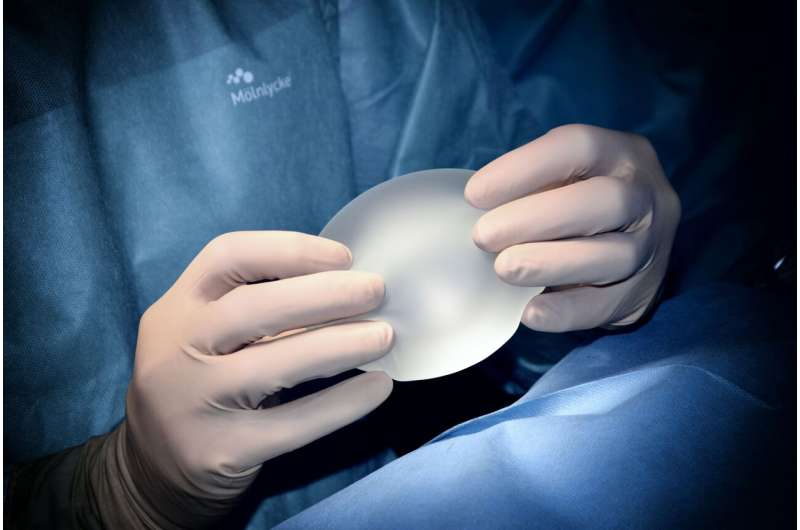Innovative Use of AI in Protein Design to Boost T-Cell Immunotherapy

Researchers have used AI-powered protein design to create novel molecules that activate the Notch pathway, significantly advancing T-cell based immunotherapies with promising clinical applications.
Recent advancements in artificial intelligence have led to groundbreaking developments in immunotherapy, particularly in T-cell production. A study published in the journal Cell details how researchers utilized AI-powered computational protein design to create a novel synthetic ligand that activates the Notch signaling pathway—an essential mechanism in T-cell development and immune response. This engineered soluble Notch agonist can be employed to optimize the manufacturing of T-cells in vitro, improving their efficacy for clinical applications.
Notch signaling plays a pivotal role in the differentiation of immune cells, transforming human stem cells into functional T-cells capable of targeting viruses and cancer cells. Traditionally, activating this pathway in laboratory settings posed challenges, but recent methods have shifted to liquid suspension cultures, which are more scalable and practical.
The research team, led by George Daley at Harvard Medical School and collaborating with specialists at Boston Children's Hospital, leveraged the Rosetta protein design platform—developed by Nobel laureate David Baker—to design proteins from scratch. This technology allows for precise engineering of proteins with specific functions. The team screened various multivalent Notch ligands with different geometries, discovering that configurations promoting receptor clustering at cell-cell contact points significantly enhanced Notch activation.
"AI-driven protein design is a versatile technological platform that we've harnessed to develop synthetic molecules promoting T-cell development, which can be used in clinical settings and improve immune responses in vivo," said Dr. Daley. "We believe this approach can be tailored to target T-cells to tumors and activate their cytotoxic functions effectively."
Lead scientist Rubul Mout emphasized the broader implications: "Activating Notch signaling opens new possibilities in immunotherapy, vaccine development, and immune cell regeneration. Our goal is to engineer synthetic proteins that bridge T-cells and cancer cells, boosting T-cell killing capabilities while counteracting the immunosuppressive tumor microenvironment."
This innovative approach exemplifies how AI and computational protein design can revolutionize the development of immunotherapies, making them more efficient and adaptable for treating cancers and other diseases. The findings represent a significant step toward personalized and scalable T-cell therapies, with potential for broad clinical application.
For more details, see the published study in Cell and the related coverage on MedicalXpress.
Stay Updated with Mia's Feed
Get the latest health & wellness insights delivered straight to your inbox.
Related Articles
New Insights into How Tuberculosis Bacteria Invades the Brain
A groundbreaking study reveals how tuberculosis bacteria breach the blood-brain barrier, causing severe meningitis, especially in HIV co-infected individuals. Understand the latest findings in TB neuroinvasion research.
Increased Risk of Rare Lymphoma in Breast Cancer Patients with BRCA Mutations and Textured Implants
Women with breast cancer carrying BRCA mutations who receive textured breast implants face a significantly higher risk of developing rare lymphoma, according to new research. The study underscores the importance of genetic testing and personalized healthcare in breast reconstruction decisions.
Innovative Imaging of Oxytocin Receptor Paves the Way for Advances in Breast Cancer and Autism Research
New fluorescent tracers developed at the University of Vienna enable precise visualization and activation of the oxytocin receptor, unlocking new research and therapeutic possibilities for breast cancer and autism spectrum disorder.



